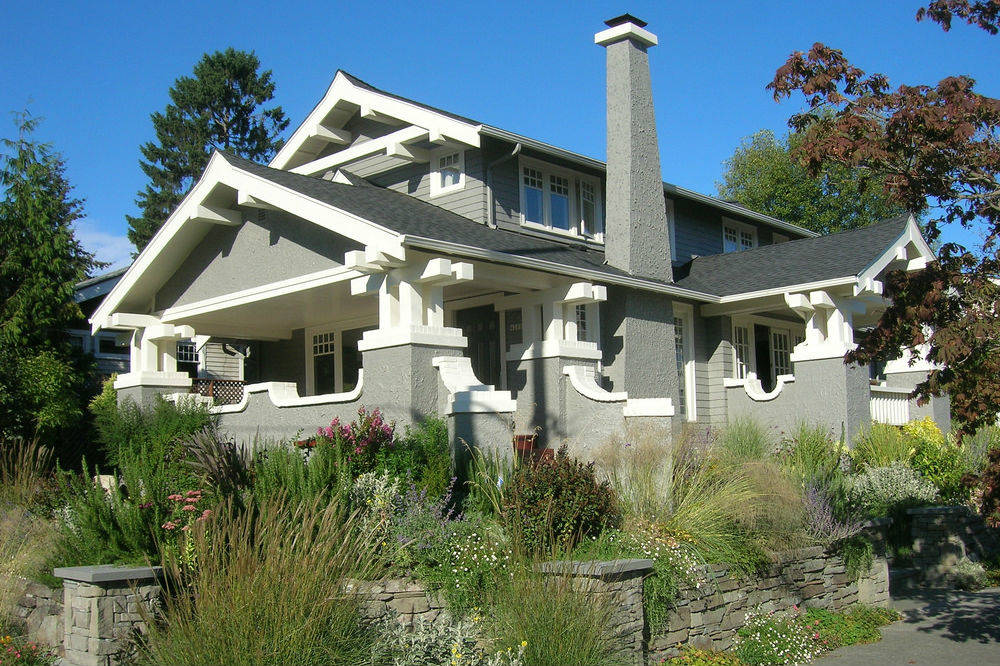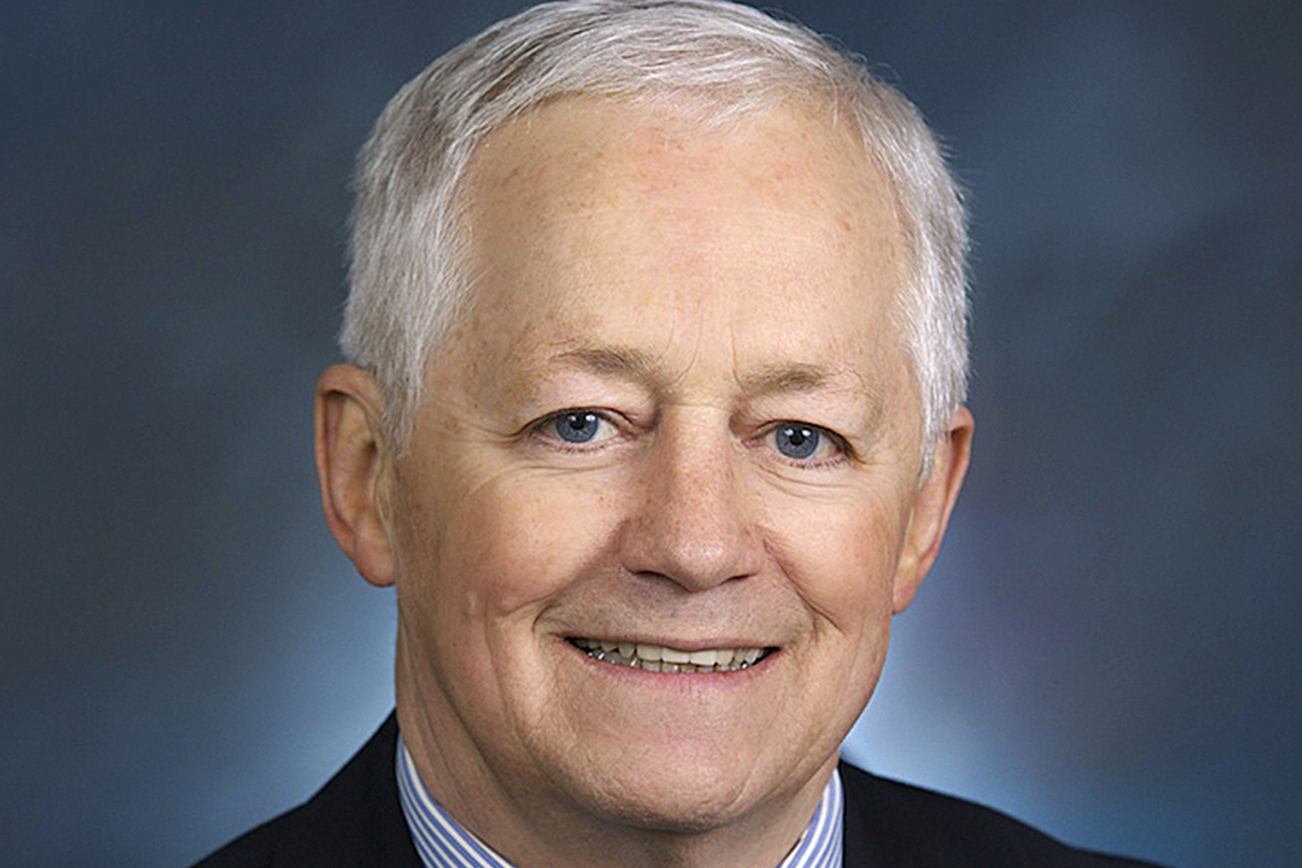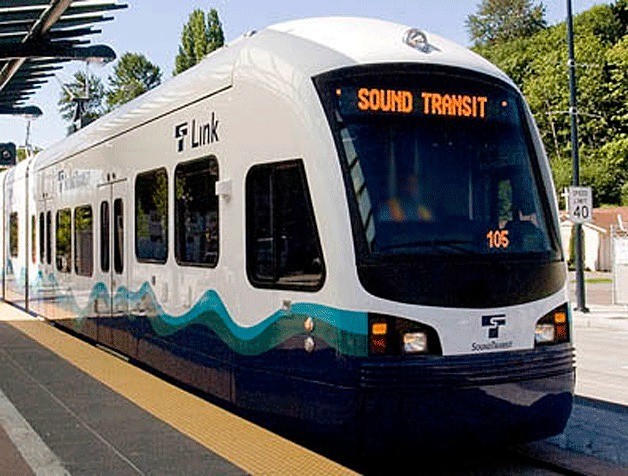A typical 20-ounce coke contains 15 to 18 spoonfuls of sugar and up to 240 calories. In the future, it might also contain a 40-cent tax if you buy it in Seattle.
During his annual State of the City address on Tuesday, Mayor Ed Murray said that he planned to propose a two-cent-per-ounce tax on sugar-sweetened beverages to the City Council. If approved, the measure could mean a $16-million raise in the city’s budget, which would help fund early childhood education programs for students of color.
“Other cities, including Boulder, San Francisco, Philadelphia and Oakland have passed similar policies both to fund youth services and to achieve positive public health impacts,” Murray said in his speech. “This is the right way for Seattle to do the same and fund programs important to the health and success of so many of our underserved students of color.”
If the City Council approve the proposal, the Emerald City would join Berkeley’s effort against one of the main factors of overweight and obesity in the country. San Francisco’s neighbor became the first American city to apply a tax on sugary drinks in March 2015. Since then, according to a study by the University of California Berkeley, the penny-per-ounce surcharge caused a 21-percent drop in soda drinking in the area’s low-income neighborhoods.
Murray’s plan drew praise from Mark Shriver, president of the Washington, D.C.-based Save the Children Action Network.
“In addition to providing funding for early learning programs, sugary drink tax revenues can be invested in low-income communities disproportionately affected by health conditions caused by sugary drinks, while also raising revenue for crucial programs that improve health both directly and indirectly, like chronic disease prevention programs and public safety,” Shriver wrote in a statement. “This is truly a win-win.”
Sugar taxes have a troubled history in the area, though. In 2010, Washingtonians repealed a sugary drink tax that was expected to generate about $94 million, which could have eased a $2.8-billion gap in the state budget.
The Washington, D.C.-based American Beverage Association proposed the Washington Repeal Tax Law Amendments Initiative—also known as Initiative 1107—in rejection to a temporary tax on soda and other sugary drinks passed by the legislature earlier that year. The initiative, which repealed new state taxes on soft drinks, candy, bottled water and certain processed food, received 60.44 percent of support.
Correction: Due to an editing error, a previous version of this story said the Save the Children Action Network is based in Baltimore. In fact, it is based in Washington, D.C.






